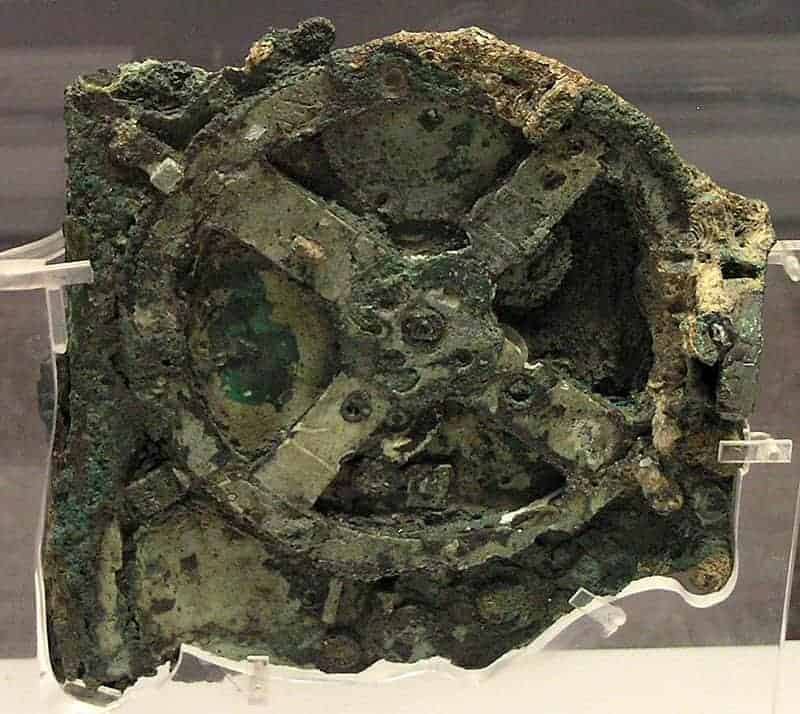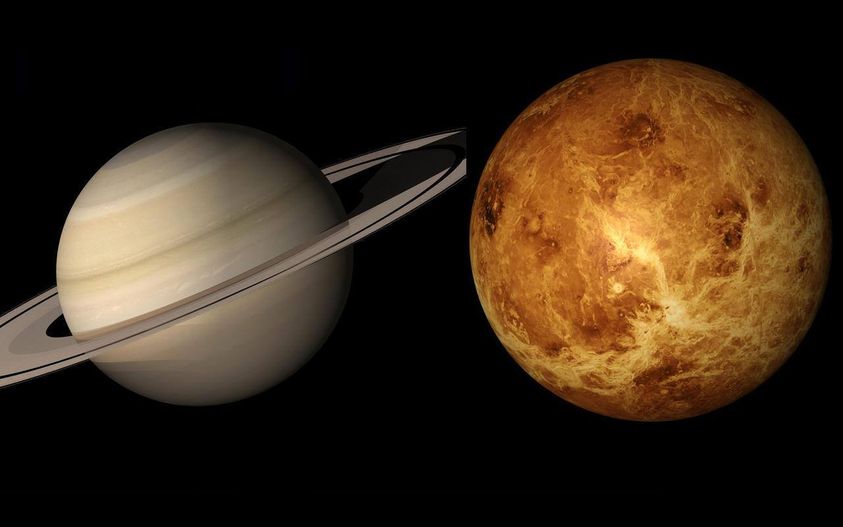

An ancient Greek computer more than 1,000 years ahead of its time was able to accurately predict the motions of planets and stars, even when they would appear to move backwards across the sky, new research has found.
The Antikythera Mechanism was discovered in a shipwreck off the coast of Greece early in the 20th century.Archaeologists immediately suspected it was some kind of astronomical clock, but figured it was probably renaissance in origin due to its complexity.
It wasn’t until the second half of the 20th century researchers realised it dated to ancient Greece – probably around 100BC-200BC – and that it accurately traced the movement of the sun and moon, predicting when eclipses would occur.No other machine of such complexity dating back that far has ever been found, the technology having been lost until the late medieval era.It’s now been discovered that the Antikythera Mechanism also tracked the movements of Venus and Saturn – including when their orbit, when viewed from Earth, looked like they were travelling backwards across the sky.


Until now, no one knew that the Ancient Greeks possessed this kind of astronomical knowledge, let alone how to program it into an analogue computer – leaving the researchers baffled.”The classic astronomy of the first millennium BC originated in Babylon, but nothing in this astronomy suggested how the ancient Greeks found the highly accurate 462-year cycle for Venus and 442-year cycle for Saturn,” said PhD candidate and UCL Antikythera Research team member Aris Dacanalis.
Evidence the researchers uncovered using X-rays discovered that the mechanism, which was found in pieces, mapped the orbits of all the other planets known to the ancient Greeks too.”After considerable struggle, we managed to match the evidence in Fragments A and D to a mechanism for Venus, which exactly models its 462-year planetary period relation, with the 63-tooth gear playing a crucial role,” said team member David Higgons.
Diagram of the gearing of the AM (courtesy of the Adler Planetarium, Chicago).
The next step, the researchers say, is to build a physical recreation of the Antikythera Mechanism – something they admit will be difficult, even with modern technology.”A particular challenge will be the system of nested tubes that carried the astronomical outputs,” said study co-author Adam Wojcik. The research was published in the Scientific Reports journal.”Our work reveals the Antikythera Mechanism as a beautiful conception, translated by superb engineering into a device of genius,” it concludes.”It challenges all our preconceptions about the technological capabilities of the ancient Greeks.”
On this day in 1902, the Antikythera Mechanism was discovered
Prime Minister Benjamin Netanyahu congratulated Hapoel Tel Aviv's basketball team on their Eurocup win, praising…
Greece plans to launch 10-15 satellites by 2027, developed by local companies with government support.…
SKY Express will illuminate Greece this Easter 2025, carrying the Holy Light from Jerusalem to…
With Easter approaching, Greek shoppers face a 9% increase in the cost of their traditional…
Greece has finalized its Marine Spatial Planning (MSP) and released an official map, aiming to…
A Greek couple from Switzerland, visiting Kozani for Easter, tragically lost their lives in a…